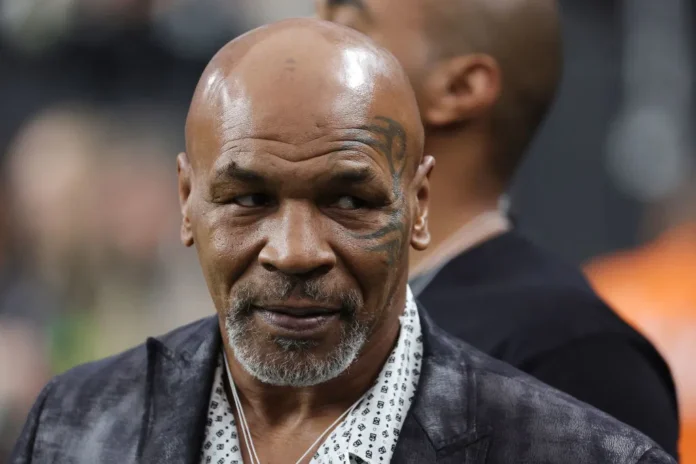
Case Intel
- Former heavyweight champion Mike Tyson reached a settlement with producer Ty Fyffe over unauthorized use of the 1998 hit “Murdergram” featuring JAY-Z, DMX, and Ja Rule in promotional content for his Jake Paul bout
- The 33-second Instagram video generated significant social media buzz but landed Tyson in federal court over copyright infringement claims
- Settlement terms remain confidential, but the case highlights ongoing challenges athletes face when mixing music and promotional content without proper licensing
NEW YORK – The legal dust has settled between Mike Tyson and music producer Ty Fyffe, who sued the boxing legend for using the track “Murdergram” without permission in promotional videos for his November 2024 fight against Jake Paul. Court documents filed September 22 confirm both parties reached an undisclosed agreement, closing the chapter on a copyright dispute that began when Tyson’s viral training footage went live on Instagram.
The lawsuit, filed in federal court in August 2024, centered on Tyson’s use of “Murdergram,” the 1998 collaboration between JAY-Z, DMX, and Ja Rule that appeared on the “Streets Is Watching” soundtrack. According to the complaint, Fyffe owns the copyright to the instrumental track, despite the high-profile rap features.
Court filings show Fyffe’s legal team argued that “neither plaintiff nor any of his representatives granted defendant Tyson permission to use the song title ‘Murdergram’ to promote his boxing match with Jake Paul.” The suit characterized Tyson’s use as “intentional, willful and with full knowledge of plaintiff’s copyright in the song.”
The disputed content appeared in a 33-second video posted to Tyson’s social media accounts weeks before his November 15 bout at AT&T Stadium in Arlington, Texas. Fyffe’s complaint sought both monetary damages from the fight’s proceeds and future royalties from the unauthorized usage.
The track itself carries significant hip-hop history. Released during the peak of late-1990s rap collaborations, “Murdergram” was intended as a preview of a potential supergroup featuring the three artists. Producer Irv Gotti later adopted the “Murder Inc.” name for his record label, though Fyffe retained the underlying musical rights that formed the basis of this lawsuit.


